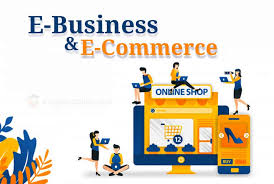Some people use the terms “e-business” and “e-commerce” interchangeably, but they aren’t synonymous. To put it simply, e-commerce refers to buying and selling online, while e-business encompasses all business conducted online. E-commerce can be viewed as a subset of e-business. If you plan on starting or working closely with an internet-based company, you should strive to understand all the ways these two concepts are unique.
E-Business Basics
In a tech-driven world, it might be tough to tell which businesses are truly e-businesses. Perhaps the best way to understand e-businesses is with the help of examples:
- Email marketing to existing and/or prospective customers is an e-business activity. It electronically conducts a business process—in this case, marketing.
- A company that builds and sells an online system that tracks inventory and triggers alerts at specific levels is an e-business. Inventory management is a business process, and when facilitated electronically, it becomes part of e-business.
- A content management system that manages the workflow between a content developer, editor, manager, and publisher is another example of an e-business. In the absence of an electronic workflow, the physical movement of paper files would conduct this process. By electronically enabling it, it becomes an e-business.
- Online tools for human resources can be produced by an e-business. These tools include online job boards, application processers, and systems that collect and maintain data about employees.
Many processes that are described as e-business might be handled in-house through a company’s network, or it might be something the company outsources to a provider that specializes in whatever service is desired. By producing them in-house, standard businesses may incorporate some elements of e-business into their plan—the two types of businesses are not mutually exclusive.
Sometimes the difference between a standard business and an e-business is just a matter of how business is conducted. For example, if you are an advisory firm helping people choose the right furniture, then you are a business, but if you run a website where people can compare furniture options, then you are an e-business.
E-Commerce Basics
Compared to e-business, the definition of e-commerce is clearer. In its basic form, it involves placing orders and making payments online. E-commerce comes in multiple forms. In business-to-consumer (B2C) e-commerce, a business sells goods and services to consumers through its website. Many brick-and-mortar retailers have adapted to the popularity of e-commerce, and they now conduct sales through their websites as well as in their stores.
E-commerce sales can include every element of a sale: ordering a product, paying for a product, and having it delivered. It might also involve only part of the process. For example, a customer might order a product online to be picked up at the store. Payment might be conducted online or at the store when the item is picked up. Either way, the transaction still involved an element of e-commerce.
Many businesses also sell through virtual marketplaces in addition to their own websites. For example, a popular brand like Nike will sell shoes from its website, as well as through an online retailer like Amazon. Whether you buy it from Nike’s website or Amazon’s, the transaction is still an example of e-commerce.
Business-to-Business (B2B) E-Commerce
While the average consumer might not realize it, much of the e-commerce that takes place around the world involves B2B relationships. This type of e-commerce often involves transactions like restocking necessary supplies, and very often it will be automated. For example, a landscaping company could have a contract with an e-commerce company to remain stocked on items like garden shears, gloves, and fertilizer. To maintain efficiency, the landscaping company might have an automated process in place to track supply levels. As crews use fertilizer on the customers’ yards, and the inventory drops below a set level, an automated system will place an order for more.
Power Technologies – For further enquiries on any of our expertise or services, whether it is for website design & development, mobile application development, or digital media marketing, please feel free to contact or WhatsApp (+6016)-202 1700, email [email protected] or visit powertechnologies.com.my. Thank you.


